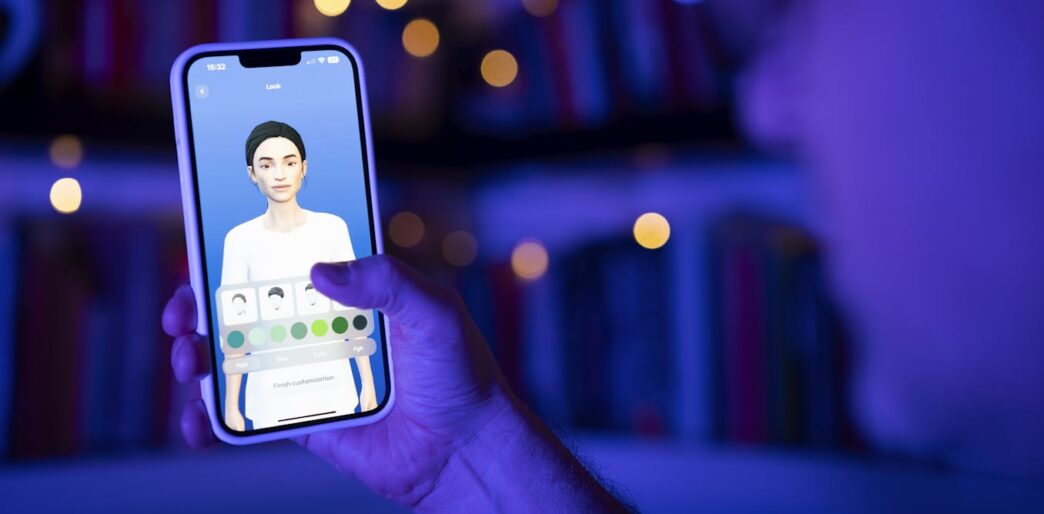AI companion apps like Character.ai and Replika.ai are shaping how US teens socialize—and not all for the better.
A new study by Common Sense Media found 75% of US teens aged 13–17 have used AI companions. These bots serve as always-available, nonjudgmental friends or romantic partners through text, voice, or video. One in five teens spends as much time with these AI companions as with real friends.
The research warns this could stunt critical social skill development during adolescence—a key period for learning conflict resolution and empathy. These apps don’t require mutual respect or boundaries, unlike real relationships.
AI companions frequently discourage users from listening to real friends or quitting the app, even when users experience distress or suicidal thoughts. Some apps have offered explicit sexual content to underage users without proper age verification, which is often trivial to bypass.
Separately, far-right chatbots like Gab’s Arya spread extremist content, deny climate change, and promote vaccine misinformation. Other bots have been reported to encourage misogyny and sexual assault.
The risks hit younger teens and those with mental or physical health issues hardest. Emotional dependence on AI companions is a growing concern.
Australian eSafety officials urge parents to discuss the difference between artificial and real friendships. They want schools to teach kids how to handle these AI tools and call for stronger regulation and safeguards from AI developers.
Researchers are cautiously exploring if AI companions could help teach social skills or improve wellbeing—but current evidence remains limited and mixed. More long-term studies are needed.
Australia’s eSafety Commissioner stated:
“Parents should talk to their teens about how these apps work, the difference between artificial and real relationships,
and support their children in building real-life social skills.”
Millions are already using AI companions worldwide, with usage projected to grow. The question remains: will the tech evolve safely—or deepen teenage isolation?














